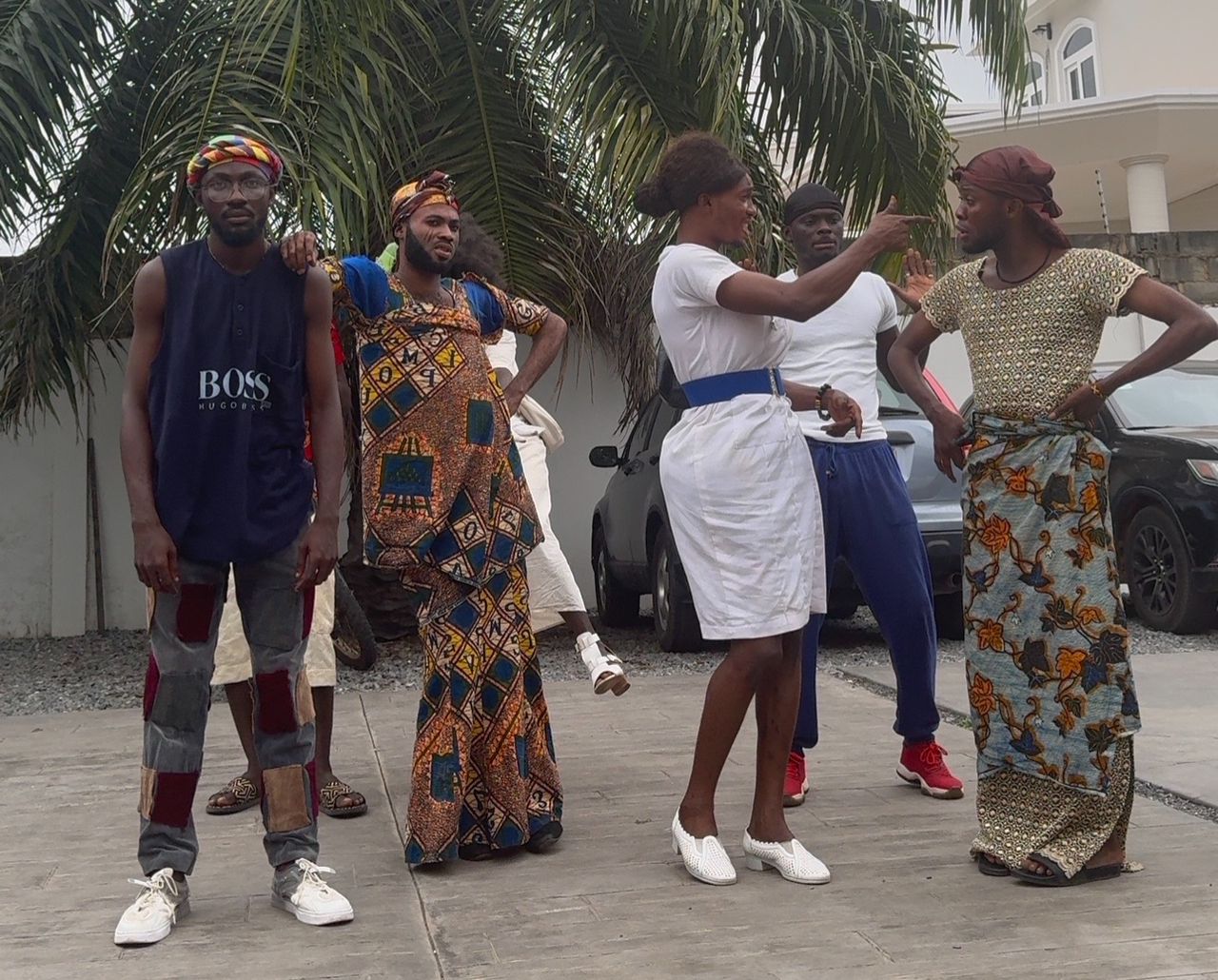
The National Commission on Culture (NCC) strongly disapproves of the increasing trend of cross-dressing among male content creators in Ghana, calling it an affront to the country’s cultural and moral values.
This condemnation comes in response to the growing number of male influencers publicly embracing female clothing under the guise of content creation.
The NCC’s concerns were heightened following the Ridge Condos All Black Party in Kumasi, where several male content creators made headlines by wearing women's clothing and accessories. The Commission viewed this display as a significant insult to Kumasi, a city known for its rich cultural heritage.
In an interview with Graphic Showbiz, Dr Richardson Commey Fio, Deputy Executive Director of the NCC, expressed deep concern over this growing trend. He criticised the behaviour as a violation of Ghana’s cultural values, stating, It is very disappointing that we continue to experience such behaviours that are an affront to our rich cultural values and norms.
Dr Fio also condemned those who attempt to justify cross-dressing by citing globalisation and modernisation, arguing that such narratives are being used to undermine Ghanaian cultural identity. “What happened in Kumasi is a total disrespect to our Ghanaian culture and more directly an insult to Otumfuo Osei Tutu II, Manhyia, and all custodians of culture in the Ashanti Region and Ghana at large,” he added.
However, not everyone shares the NCC's view. In a recent interview on GTV, Ebenezer Arthur, known as Deaconess Abokoma, a male content creator, explained that cross-dressing is often misunderstood. Arthur stressed that the practice is purely for entertainment purposes, saying, We are not gay. We do it for entertainment. Dressing up in female outfits is simply a fun and creative way to entertain people.
Despite the NCC’s strong stance, Dr Fio acknowledged that the Commission currently lacks the legal authority to take direct action against such practices. He revealed that the NCC is working on amending PNDC Law 238, which established the Commission, to grant it more power to address these issues.
“We are amending PNDC Law 238, and we believe that when that is done, we will be empowered to deal directly with some of these issues,” Dr Fio said, adding that for now, the Commission’s role is to condemn such acts and alert the relevant authorities.
Read Full Story
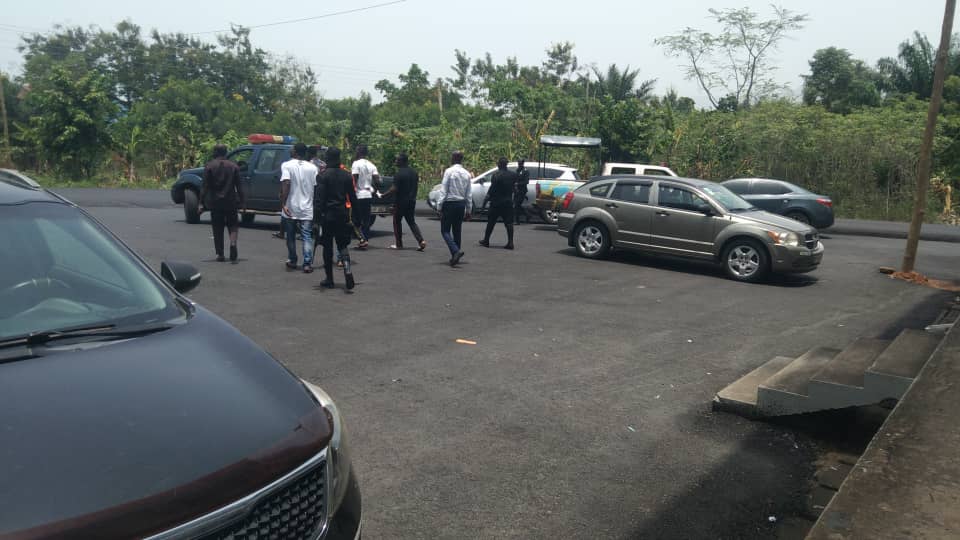
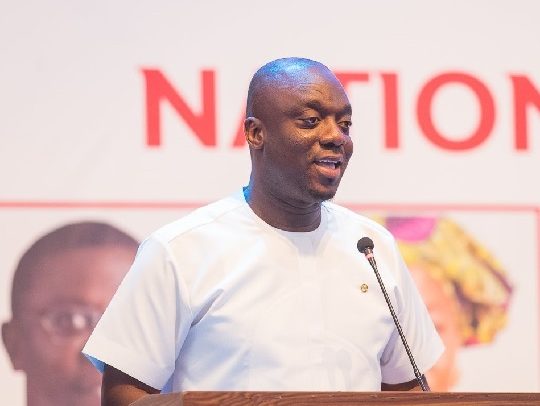

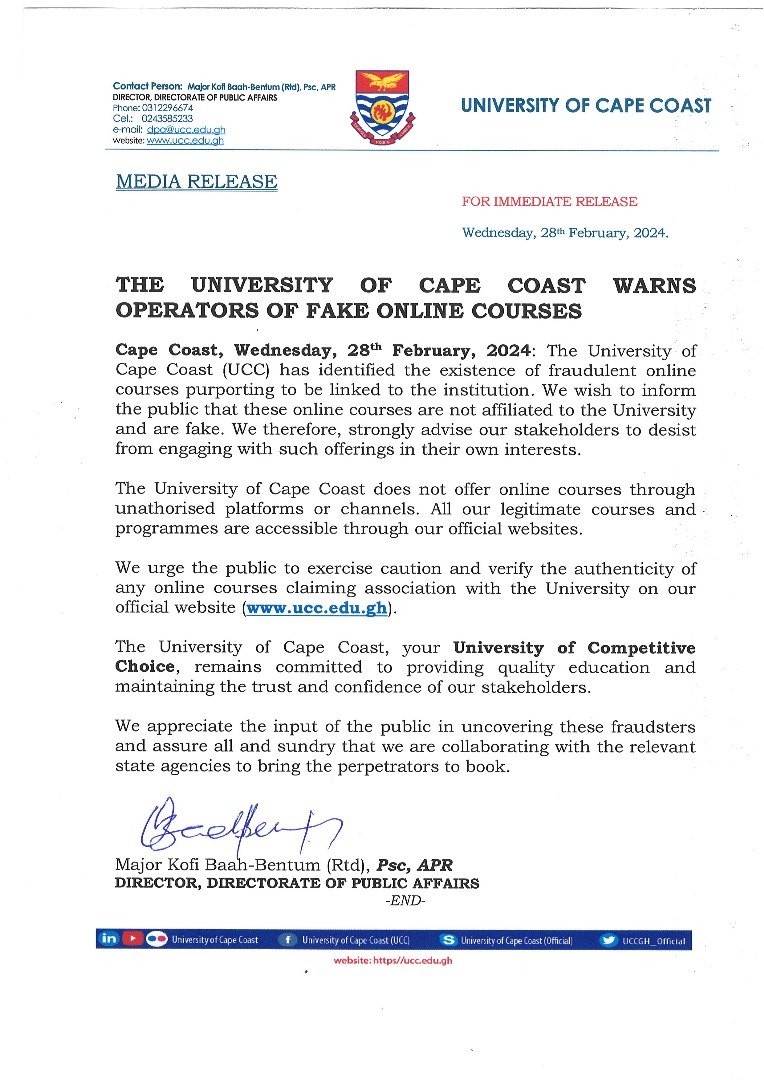


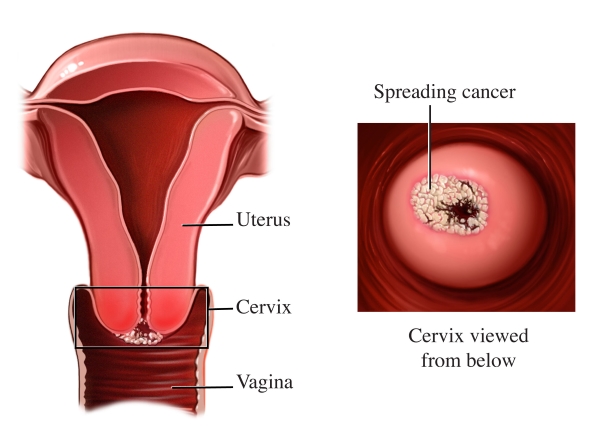


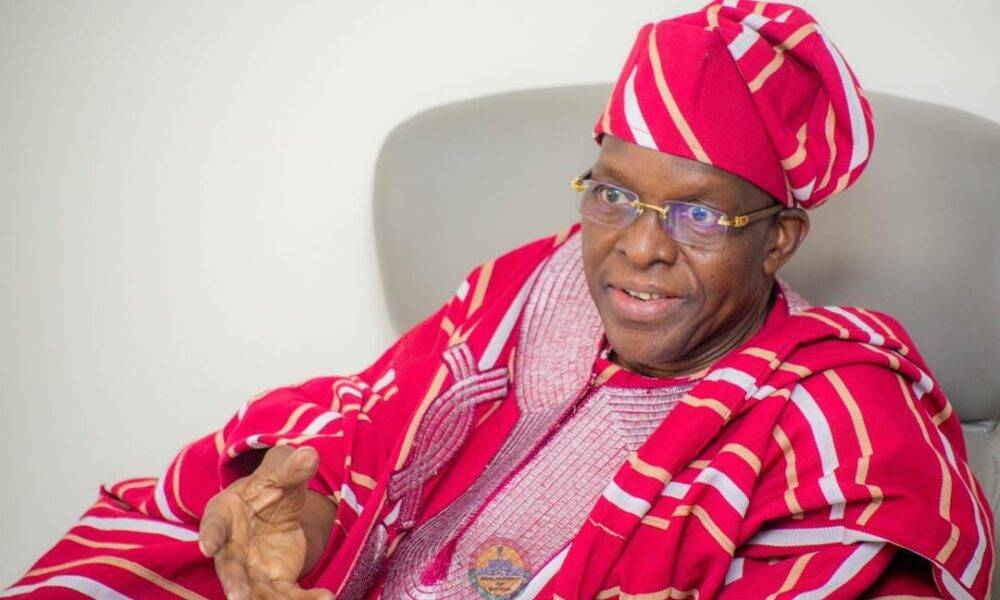

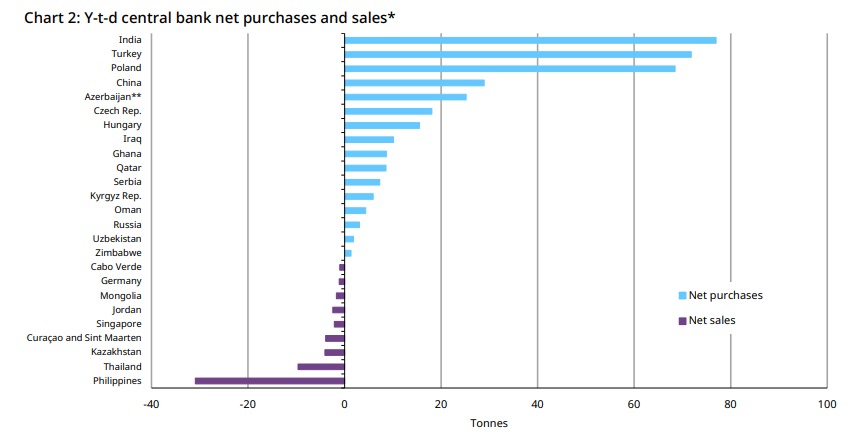
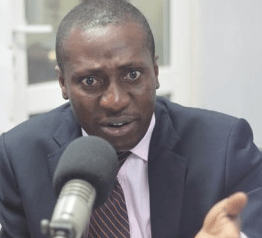
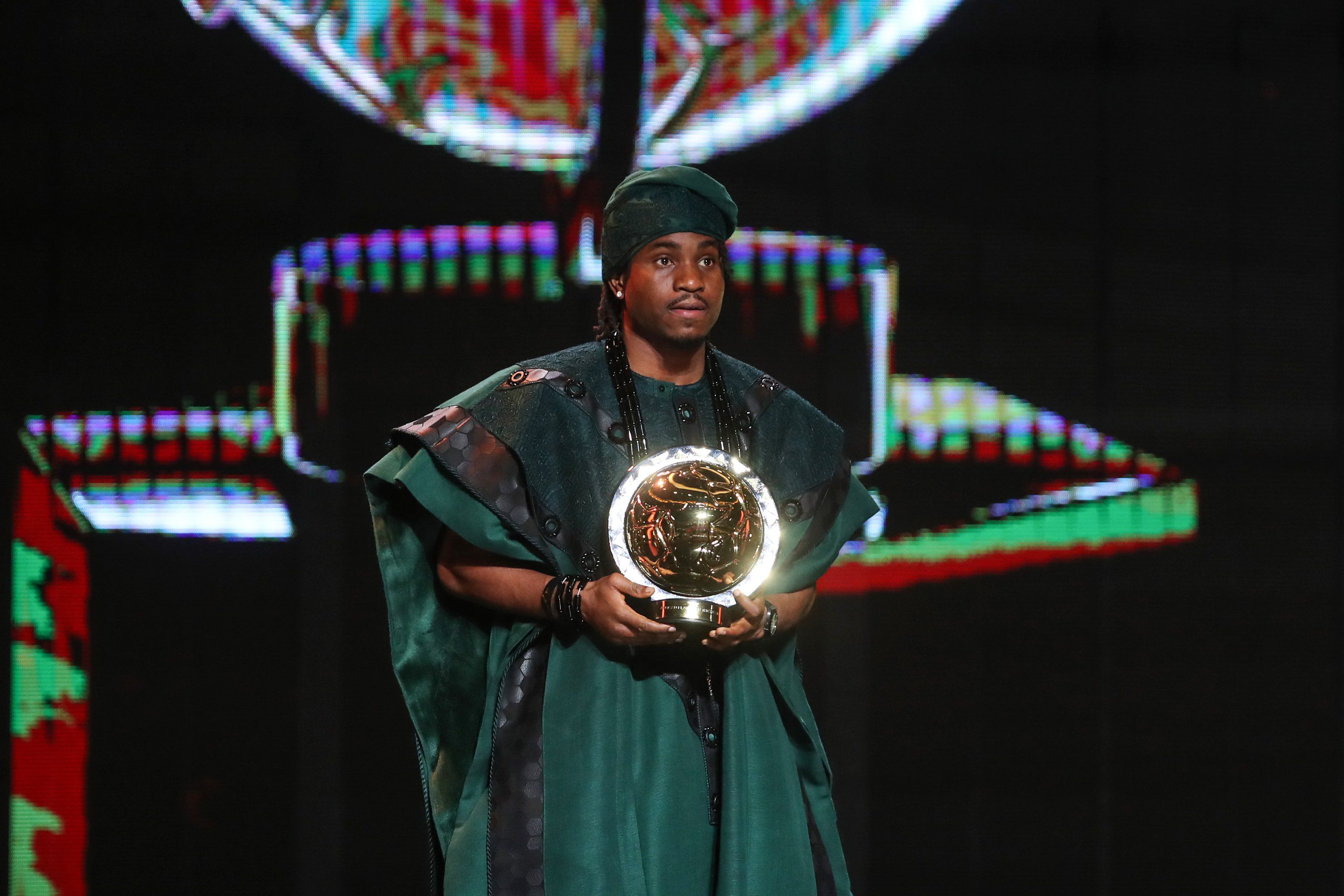


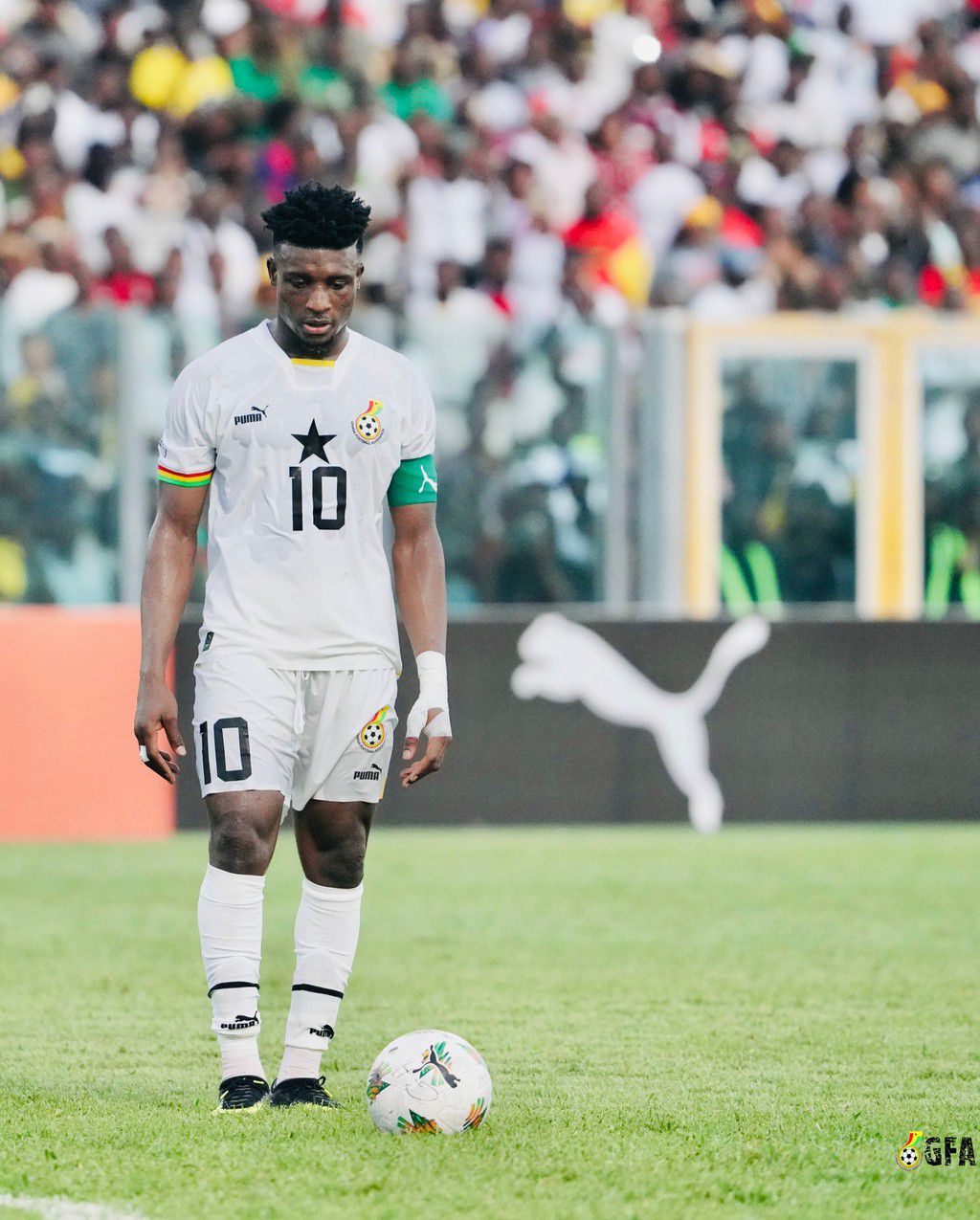

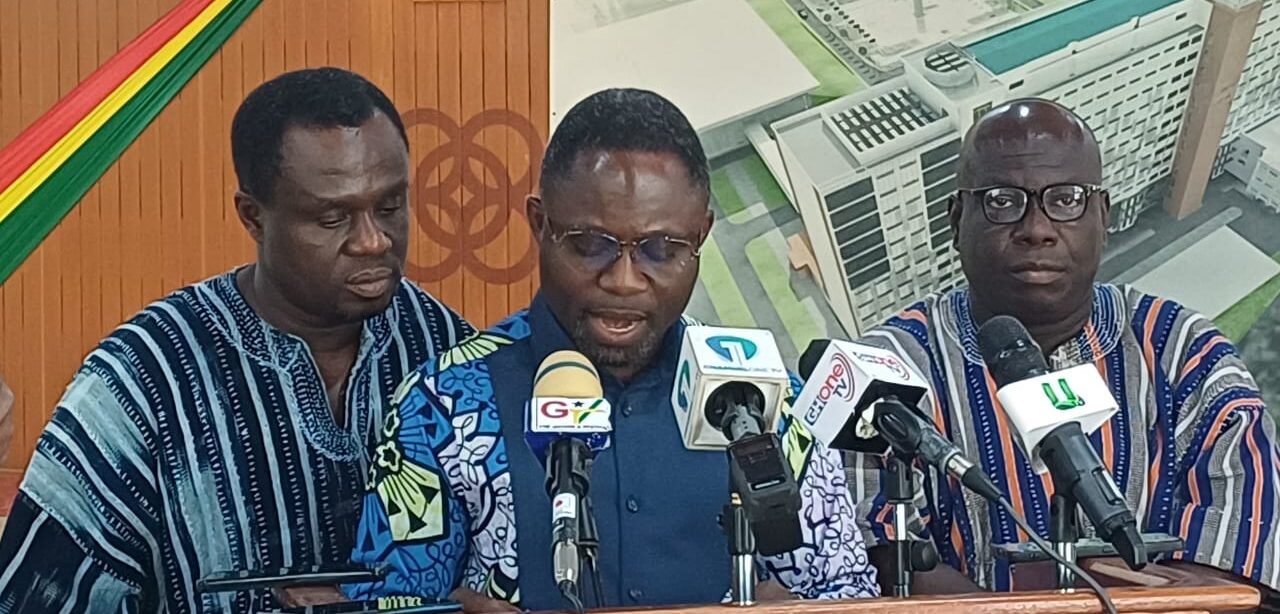


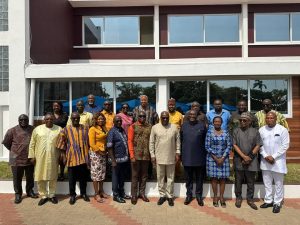
Facebook
Twitter
Pinterest
Instagram
Google+
YouTube
LinkedIn
RSS